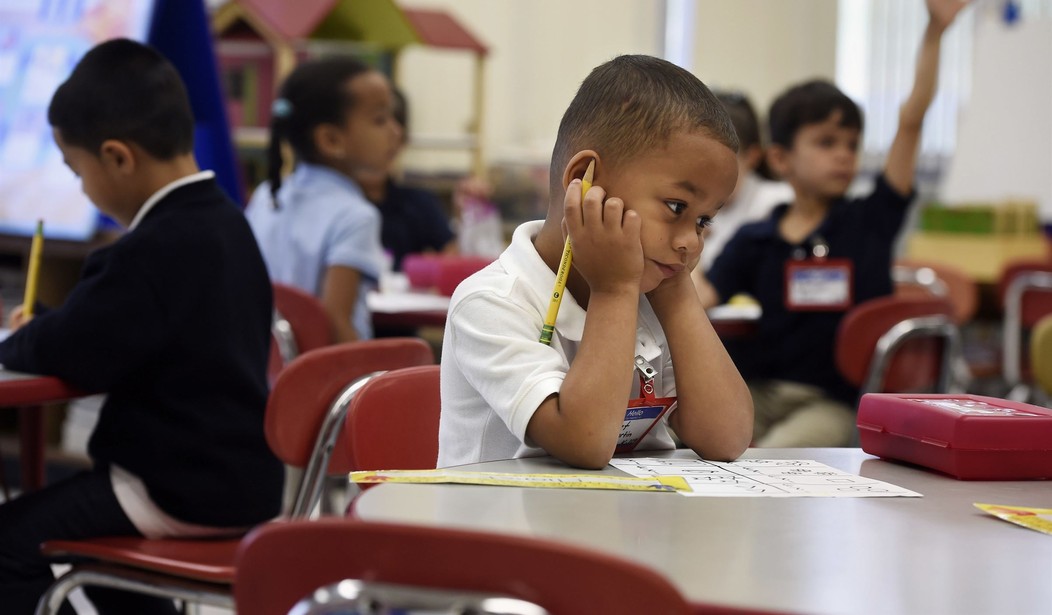Last night should have been ordinary. After a 15-hour day that started at 5 a.m. with a four-mile walk and yoga, rolled through interviews and meetings until two in the morning, then a legal call that dragged until sunrise, I thought I was done. At 7:05 p.m. my neighbor Olivia texted. A single mom, great heart, two kids, salt-of-the-earth type. “Come over for a drink,” she said. She had a friend visiting, Courtney, a nurse in labor and delivery here in Brevard County. I should have said no, collapsed into bed. Instead, I walked next door, thinking I’d unwind.
What unfolded over the next hour is why I can’t sleep. It’s why I’m writing this.
Courtney is an RN. She brings children into the world for a living. And yet, in ten minutes of conversation, it became painfully clear she doesn’t see the trap she’s standing in. We ended up in a debate about birth practices, vaccinations, vitamin K shots, the whole litany of what gets pushed on mothers in those first hours after labor. She waved it all off. “We don’t do that,” she insisted. “That’s maternity. We’re labor and delivery. We call them the paper pushers.” The implication: she was innocent. She wasn’t the one presenting adhesion contracts disguised as consent forms. She wasn’t the one telling parents they had no choice.
But she is. They all are. Because the system doesn’t care which badge you wear, which floor you clock into, or whether you personally sign the form. It only cares that someone does—and that the parents comply. The moment a mother scrawls her name across a birth certificate she isn’t simply acknowledging her child exists. She is entering an adhesion contract, creating a state-recognized corporate entity and triggering the machinery that allows agencies like CPS to move in, unchecked, with threats, intimidation, and the ultimate violence of family separation. And when you try to explain this to the very people who should know best—the nurses, the practitioners, the mothers themselves—they get hostile. They shut down.
Olivia, my neighbor, is a perfect example. Thirty-two, two kids, lives on Medicaid, never married. A fantastic mom. But utterly unwilling to accept the truth that at any moment, one false move, one allegation, one refusal to comply, and her children could be gone. “That doesn’t happen,” she told me. “Not here.” I looked her in the eye and said it happens every day. Thousands of families. Courtrooms across the country. Police, judges, hospital administrators, social workers—all working in unison to strip children from loving homes. I’ve seen it. I’ve written about it. I’ve helped launch lawsuits to stop it. And yet, even with evidence piled high, even with affidavits, case files, mothers in tears, the reflex response is disbelief. Denial.
That’s the most frightening part. Not that the state overreaches. Not that hospitals collude with CPS. Not even that judges rubber-stamp unconstitutional orders. The most frightening part is that ordinary people—neighbors, nurses, mothers—don’t want to know. They don’t want to look. They don’t want to think critically about the papers they sign, the protocols they follow, or the system they serve. They would rather dismiss the messenger, label her crazy, write her off as difficult. Anything but face the possibility that the reality they trust is rigged against them.
And so they march. Box-checkers in scrubs. Marchers in courtrooms. Mothers who believe the state would never dare cross the line—until it does. By then, it’s too late.
I left Olivia’s house shaken, more afraid than before. Not because of what the state can do—we know what it can do, and we fight it every day. But because of what our fellow citizens refuse to do: open their eyes. Even in the quiet of a neighbor’s kitchen, over casual drinks, the truth sparks hostility. And that is how societies unravel—not through the malice of a few, but through the willful blindness of the many.









Join the conversation as a VIP Member